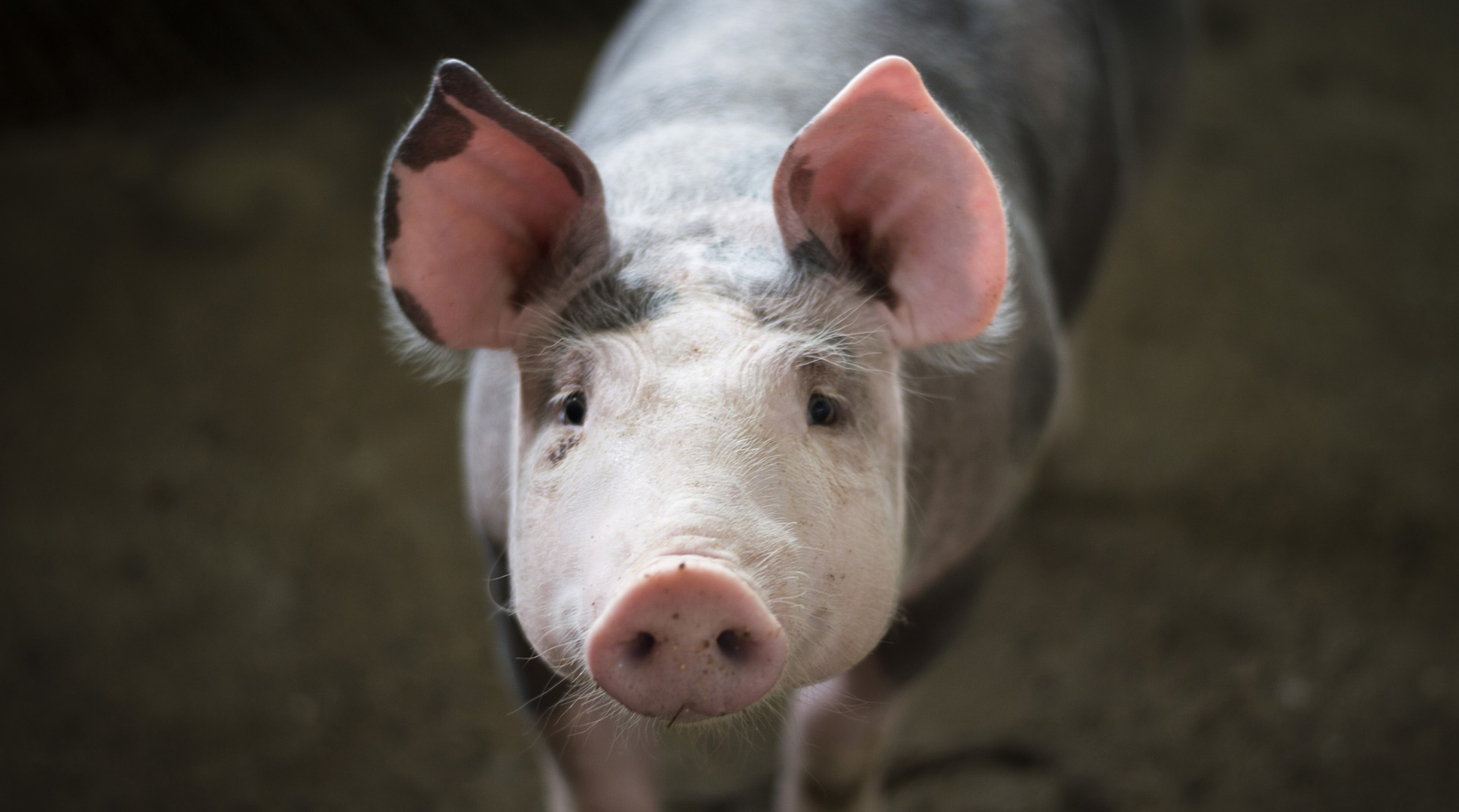WASHINGTON – The Washington Post says that democracy dies in darkness. If that’s the case, then The Washington Post’s story about the U.S. Department of Agriculture’s (USDA) Food Safety and Inspection Service (FSIS) is a solar eclipse.
FSIS is made up of 9,000 civil servants with the noblest of missions – to protect the American food supply. The safety of every meat, poultry, and egg product in the United States is ensured by FSIS inspection personnel, each and every day.
It’s a responsibility and mission so important that every FSIS employee takes an Oath of Office. If only The Washington Post was held to the same standard.
In February of 2018, following a 20 year evaluation in 5 market hog establishments, FSIS put forth a proposed rule to the American public – beginning a full and transparent notice and comment rule-making process. The proposed rule includes a voluntary, opt-in inspection system, called New Swine Slaughter Inspection System (NSIS), for market hog establishments, and separate mandatory testing requirements for all swine establishments. This proposal and the research supporting it spans two decades. The work of FSIS to modernize inspection spans the last four presidential administrations.
On April 3, 2019, The Washington Post published a story titled, “Pork industry soon will have more power over meat inspections,” deciding to reprint the talking points of special interest groups while claiming the agency declined interview requests. The Washington Post knows full well that as a federal regulatory agency, FSIS cannot litigate or conduct rulemaking through the media, yet The Post wants to try the agency in the court of public opinion.
FSIS is appalled at The Washington Post’s poor attempt at explaining a proposal to modernize inspection. The Post’s decision to continue to parrot arguments that are devoid of factual and scientific evidence only serves to further the personal agenda of special interest groups that have nothing to do with ensuring food safety.
Despite FSIS spending countless hours responding to The Post and providing clarification about the proposed rule, The Post chose to ignore the information and went with an already formed opinion and headline.
Shame on you, Washington Post. This story earns you at least four Pinocchios.
Read the rest of the response on the FSIS website.
